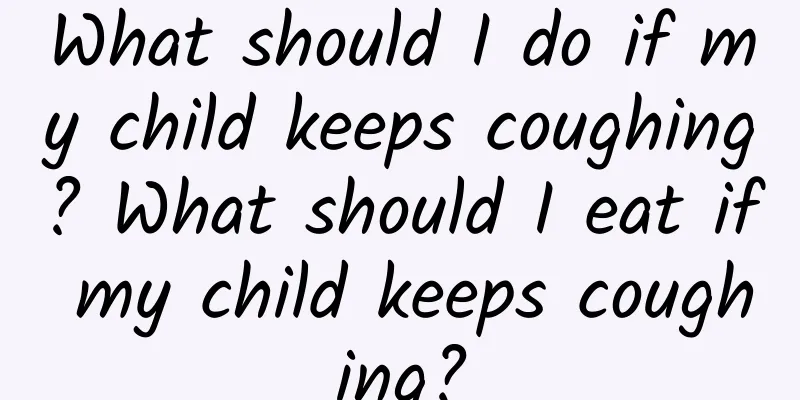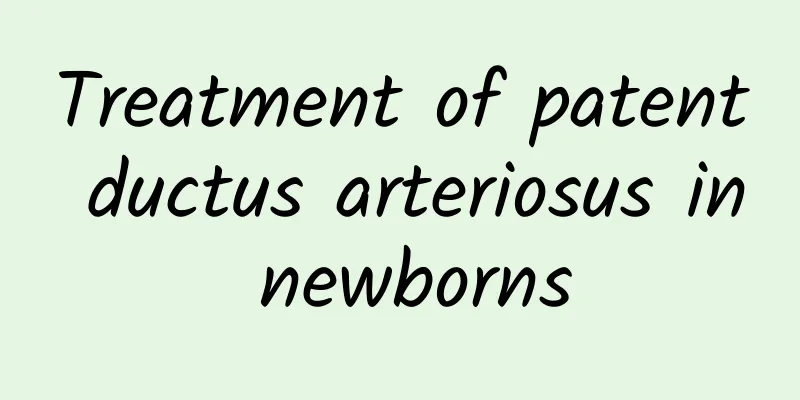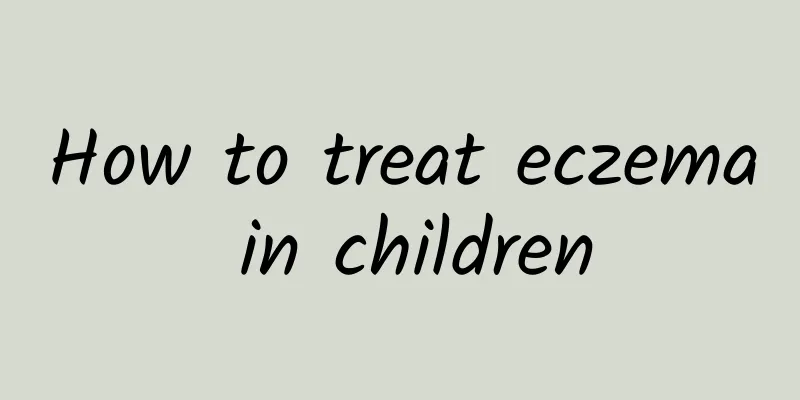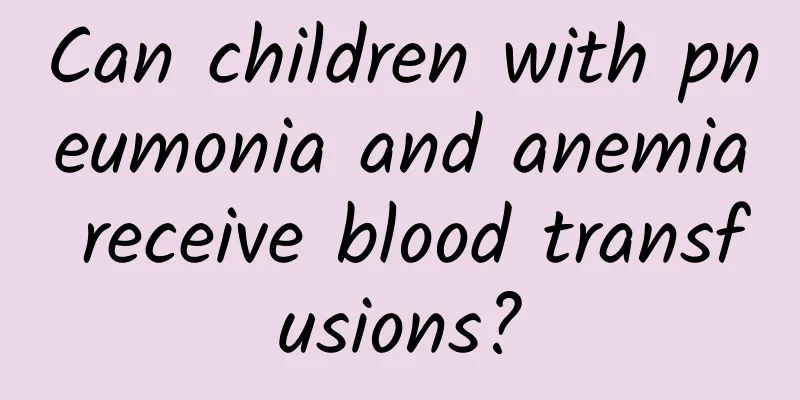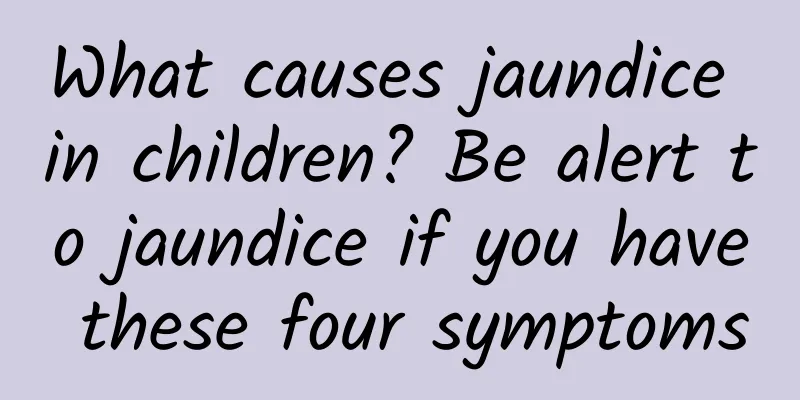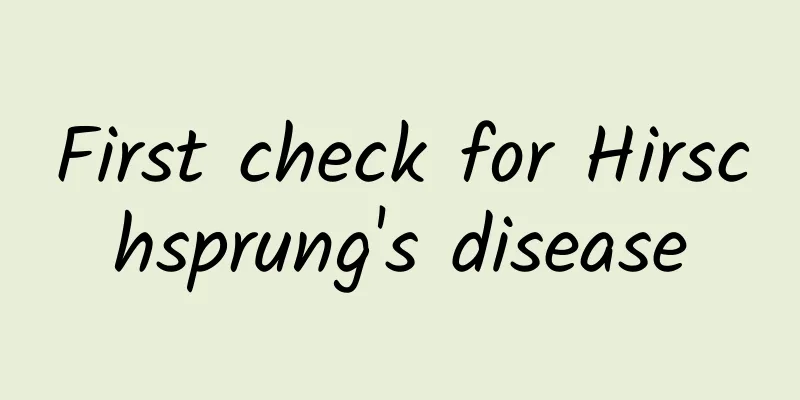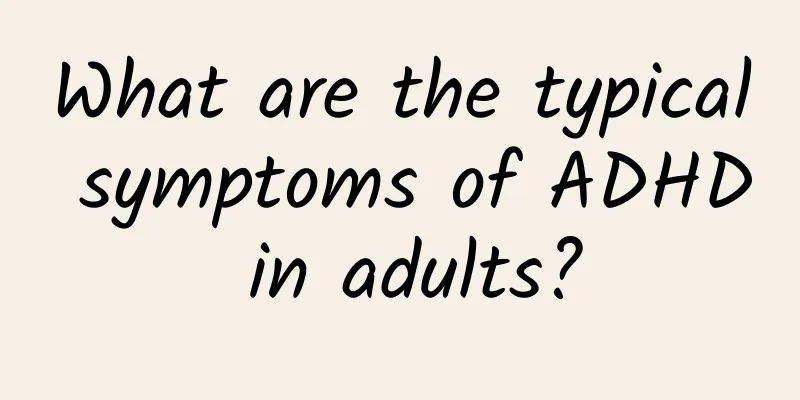Is Kawasaki disease contagious in infants?
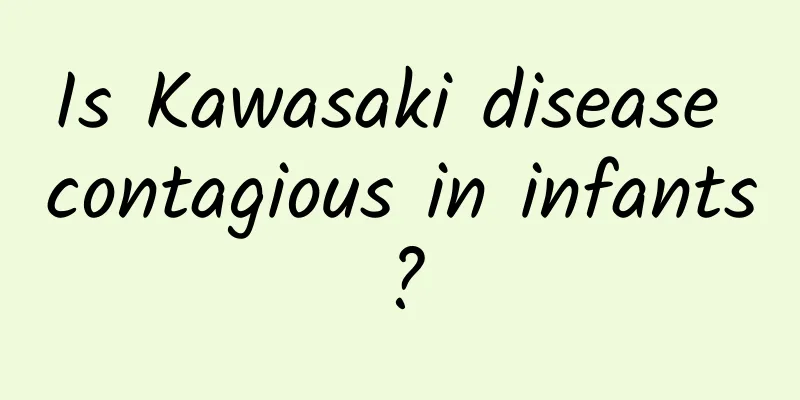
|
Kawasaki disease in infants is not contagious. It is mainly an acute vascular inflammation caused by abnormalities in the child's own immune system. Unlike infectious diseases such as bacteria and viruses, it cannot be transmitted through contact or droplets. The specific cause of Kawasaki disease has not yet been fully clarified, but it may be related to genetics, environmental factors and immune-related mechanisms. Kawasaki disease requires early diagnosis and treatment to avoid possible complications. 1) Why Kawasaki disease is not contagious The cause of Kawasaki disease is not yet fully understood, but studies have shown that it is not an infectious disease and is not spread through human contact. This disease is mostly caused by the abnormal response of the child's immune system to certain environmental or infectious factors, rather than being directly caused by pathogens such as bacteria and viruses. Even if there is a child with Kawasaki disease in the family, family members or other contacts do not need to worry about being infected. 2) Factors related to Kawasaki disease ①Genetic factors: Some children may be born with susceptible genes. For example, children with a family history of disease may be more susceptible to the disease. ② Environmental factors: Dry seasons, air pollution, or certain environmental triggers may increase the risk of disease. ③Immune abnormalities: Kawasaki disease often occurs in infants and young children whose immune systems are not yet fully mature. In some cases, when a child is infected with a common virus or bacteria, the immune system may overreact and attack its own vascular tissue. ④ Physiological characteristics: It is more common in children under 4 years old, especially infants, and the peak age of onset is around 2 years old. ⑤ Potential diseases: If the child’s immune function is weak, infection may easily induce an uncontrolled secondary immune response, which may increase the possibility of disease. 3) Treatment and care recommendations for Kawasaki disease ① Drug treatment: Intravenous immunoglobulin (IVIG) is the first choice for the treatment of Kawasaki disease. It can effectively relieve fever and inflammation and reduce the occurrence of complications such as coronary artery aneurysms. Aspirin is also commonly used for anti-inflammatory and thrombosis prevention. However, it must be used under the guidance of a doctor. ②Complication monitoring: Kawasaki disease can cause coronary artery disease, so cardiac ultrasound examinations should be performed during treatment to monitor cardiovascular health. According to the ultrasound results, the treatment plan should be adjusted under the guidance of a doctor if necessary. ③Daily care: ensure that the child gets enough rest, drinks plenty of water, eats a balanced diet, and gets adequate nutrition. ④Regular follow-up: After treatment, the heart condition should be checked regularly, especially for children with coronary artery involvement, who should be followed up for a long time. Kawasaki disease is not contagious, but it is an immune disease that may cause serious cardiovascular sequelae and requires early treatment and careful care. If you find that your child has persistent high fever, rash, chapped lips, red and bloodshot eyes, swollen hands and feet, etc., you should seek medical attention in time for professional diagnosis and treatment. Understanding the non-infectious nature of Kawasaki disease can help parents reduce unnecessary psychological pressure, and actively cooperate with doctors to protect their children's health. |
<<: Can ADHD children be completely cured?
>>: Causes of patent ductus arteriosus in neonates on echocardiography
Recommend
Is hand, foot and mouth disease serious?
Is hand, foot and mouth disease serious? Hand, fo...
How to actively regulate acute laryngitis in children
How should we actively adjust children with acute...
What is the most effective way to treat pneumonia in children?
Now that we have entered autumn, pneumonia in chi...
Is it normal for a newborn to have jaundice level of 16?
Is a neonatal jaundice value of 16 normal? The no...
Is jaundice 310 serious?
Is jaundice 310 serious? 1. Jaundice 310 usually ...
Mild polio is similar to normal people
The daily life of patients with mild polio may be...
How to prevent acute laryngitis in children in daily life
How to prevent acute laryngitis in children in li...
Can I continue to breastfeed my newborn baby if he has jaundice?
There are many causes of jaundice, and the causes...
What are the methods for examining acute laryngitis in children?
What are the methods for checking acute laryngiti...
High jaundice after baby is born is related to this bad habit during pregnancy
Neonatal jaundice will occur in almost every baby...
What are the oral vaccinations?
Oral vaccinations, as the name suggests, are vacc...
Is hot or cold compress the way to reduce swelling in mumps?
The method to reduce swelling of mumps is hot com...
What medicine is good for children's colds? Four principles should be kept in mind when taking medicine for children's colds
Children's colds can cause symptoms such as r...
How to care for children with developmental disabilities?
If it is brain underdevelopment, insist on rehabi...
What are the symptoms of hand, foot and mouth disease in adults?
Symptoms of hand, foot and mouth disease in adult...

